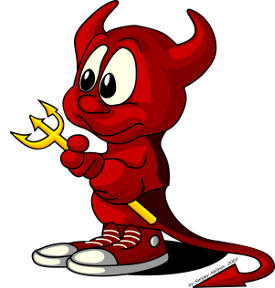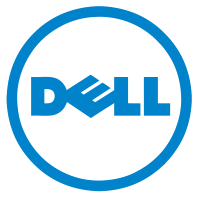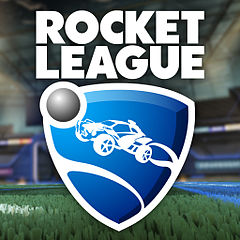Just in time for the holiday season comes some exciting gaming news. There’s good news, not-so-good news,and bad news this week.
The Good News: The wildly popular game Rocket League is expected to be playable on GNU/Linux soon. Rocket League is a multiplayer physics based Soccer game played with fast booster, rigged vehicles in place of athletes, and is the sequel to Supersonic Acrobatic Rocket-Powered Battle-Cars! Since its release last year for Playstation 4 and Windows, Rocket League has gathered a huge following, which has only increased the demand for a Linux version.
Anticipation has only been building since the SteamOS icon appeared briefly a few weeks ago on the Rocket League store, though to the disappointment of Steam users everywhere it isn’t ready for installation. The news was officially announced in August via Twitter that the game would soon makes its way to SteamOS/Mac after celebrating a million sales on Steam, and last week the news was broken by Steam forum moderator Volodesi that the game should be available before the end of the year. There’s no solid release date yet — the year’s end date isn’t official — but it sounds as if the release is in its final stages.
Hunter Banks has been a part of the Southern California Linux Expo (SCALE) Family for the past 13 years. When not writing about open source gaming, he’s working on creating his own games. Follow him on Twitter @SilvrChariot
 First things first: I know that the wide number of variants in the BSD family are primarily aimed at servers. That said, it’s clearly understandable that with the exception of PC-BSD and BSD variants like GhostBSD, desktop/laptop users are not the primary focus in the BSD constellation.
First things first: I know that the wide number of variants in the BSD family are primarily aimed at servers. That said, it’s clearly understandable that with the exception of PC-BSD and BSD variants like GhostBSD, desktop/laptop users are not the primary focus in the BSD constellation.

 It’s almost Christmas, which means that the day isn’t far off when ol’ Father Time rolls the odometer over yet again. This, of course, is the time of year when news writers like to publish lists, partly because they’re easier to write than real news stories. It’s not that we’re lazy, mind you, we’re just too busy shopping and decorating and drinking egg nog…especially drinking egg nog. We love drinking egg nog.
It’s almost Christmas, which means that the day isn’t far off when ol’ Father Time rolls the odometer over yet again. This, of course, is the time of year when news writers like to publish lists, partly because they’re easier to write than real news stories. It’s not that we’re lazy, mind you, we’re just too busy shopping and decorating and drinking egg nog…especially drinking egg nog. We love drinking egg nog.
 First things first: Remember when I said I didn’t have access to Michael Larabel’s fine set of Phoronix tools to do diagnostic hardware comparisons? Well, while looking around for something else in BSD’s very cool AppCafe, I found them — Phoronix tools available for BSD users. So while I go sit in the corner with a pointy hat, I will apologize for that error.
First things first: Remember when I said I didn’t have access to Michael Larabel’s fine set of Phoronix tools to do diagnostic hardware comparisons? Well, while looking around for something else in BSD’s very cool AppCafe, I found them — Phoronix tools available for BSD users. So while I go sit in the corner with a pointy hat, I will apologize for that error.
 We were just as surprised here at FOSS Force, and Larry Cafiero
We were just as surprised here at FOSS Force, and Larry Cafiero 
 Dell Fixing UEFI for Linux? Linux users may be able to update their UEFI firmware on devices, if Dell has their way. The computer manufacturing giant is looking at making things easier for Linux users, and Richard Hughes writes on his
Dell Fixing UEFI for Linux? Linux users may be able to update their UEFI firmware on devices, if Dell has their way. The computer manufacturing giant is looking at making things easier for Linux users, and Richard Hughes writes on his 
 Before I do that, though, it bears noting that Susan Linton over at Ostatic.com has picked up the BSD ball and run with it in a
Before I do that, though, it bears noting that Susan Linton over at Ostatic.com has picked up the BSD ball and run with it in a 